When men’s and women’s team gymnastics medals were awarded at the Paris Games this week, a nation long accustomed to being on the podium in that sport was absent. In January 2023, the International Olympic Committee banned Russia from Olympic participation for waging war on Ukraine.
The IOC declared “solidarity with Ukraine” in 2023, prohibiting Russia and its ally Belarus from officially competing. However, the IOC instituted a process by which individual athletes from those nations can participate in the Paris Games on a restricted basis as individual neutral athletes (or AINs, according to the French abbreviation).
The IOC’s policy highlights the perennial dilemma of penalizing nations who violate widely held international norms without inflicting undue injustice on the nation’s athletes. In announcing the ban, the IOC stated that “no athlete should be prevented from competing just because of their passport” but instituted a review panel to vet Russian and Belarusian athletes who applied to compete. The process was designed to confirm they have not supported the invasion of Ukraine, are not funded by the military, and aren’t tied to military-affiliated clubs.
The United States supported allowing Russians and Belarusians to participate as AINs, provided the IOC enforced its standards for participation. “[Russia] must not be allowed to use sport to legitimise its barbaric and unprovoked invasion of Ukraine,” the Department of State said last year in a joint statement with 35 other countries, including Germany, Japan, and the UK. “We are focused on fair sporting competition as well as on ensuring that Russian and Belarusian athletes are in no way appearing as representatives of their states.”
The AIN designation imposes limits on individual participants. Neutral athletes cannot take part in the opening ceremony; they are not allowed to compete in team sports; they may not display their country’s colors on their uniforms; and any medals they win are not counted in the final tallies. Neutral athletes who win their events will stand beneath the AIN banner as a generic soundtrack commissioned by the IOC plays, in lieu of their flag and national anthem.
Just 15 Russian and 17 Belarusian athletes are competing as neutral athletes in Paris this summer. While the small number of participants reflects intense vetting by the IOC, it is largely due to a retaliatory campaign from Russia, which pressured qualifying athletes not to attend. The Kremlin has repeatedly denounced the IOC’s decision as unfair, but it ultimately did not impose a boycott. Still, numerous Russian sports clubs refused to send any of their qualifying athletes to Paris. “Until the very end, we had hoped that common sense and a desire to hold full-fledged Olympic Games with athletes from Russia and Belarus would prevail over political intrigues,” said the Russian Judo Federation. “Unfortunately, our hopes were not realised.”
Daniil Medvedev, a professional tennis player and winner of the 2021 U.S. Open, is Russia’s highest-profile athlete competing in the Games. Other Russian athletes are competing in cycling, canoeing, trampoline, taekwondo, swimming, and wrestling.
Russia and Belarus are not the first countries to be banned from the Olympics for violating the principles of the international order. For more than a century, the IOC has used participation in the Games as a means of sanctioning nations whose actions violate the Olympic ideals. “The Olympics have long been an important means of leveraging soft power on the global stage,” said Alan McDougall, a history professor at the University of Guelph in Ontario, Canada.
Germany, Austria, Hungary, Bulgaria, and Turkey were banned from the 1920 Summer Olympics in Antwerp, Belgium, due to their role in World War I. Germany was denied entry to the 1924 Olympics in Paris for the same reasons. In 1948, Germany and Japan were both barred from participating in the London Summer Olympics as punishment for World War II. From the 1964 Games until the 1992 Games, South Africa was excluded from the Olympics for its apartheid policy, and was only admitted back into the Olympic fold in 1991 after the regime fell. In 1972, the IOC denied Rhodesia entry into the Munich Games amid protests over the country’s policy of racial segregation. Afghanistan was banned from the 2000 Olympics in Sydney because of the Taliban’s oppression of women and prohibition on their participation in sports.
Athletes from countries flatly banned by the IOC have not previously been allowed to participate. However, there have been instances of individuals competing under a neutral designation under other circumstances. In 1992, the U.N. banned Yugoslavia from all international events for its role in the Balkan war, but the IOC allowed individuals to compete as “international Olympic participants.” In the decades since, athletes from a handful of countries have participated as independents when their governments or Olympic committees have been in turmoil.
In recent years, the IOC has hit Russia with a series of restrictions on its Olympic participation. It previously was denied full participation in the Olympics for its state-sponsored doping scheme, which came to light after the 2014 Sochi Winter Games. In 2018, after a years-long investigation by the World Anti-Doping Agency, the IOC barred Russia from officially sending athletes to international sports competitions until December 2022. Russian athletes were still allowed to compete as “neutrals” under the Russian Olympic Committee flag—a punishment many online critics lambasted as a toothless “double secret probation” (in reference to the movie Animal House). In the Tokyo Olympics in 2021, 335 Russian athletes participated, and the Russian Olympic Committee finished fifth in the overall medal tally.
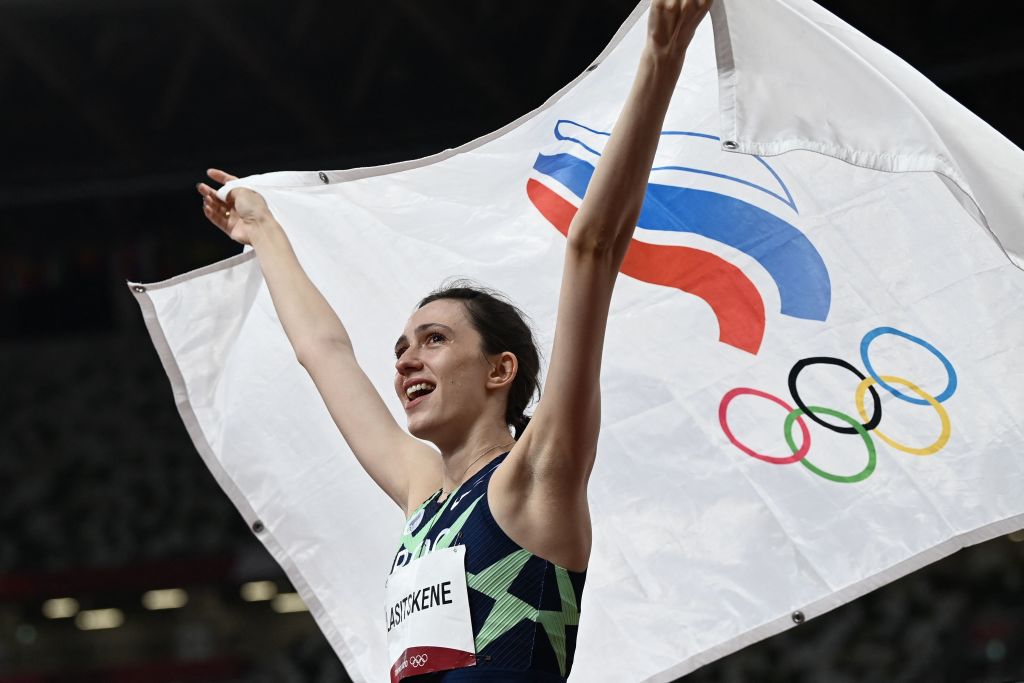
The IOC’s new, more stringent participation policy has nonetheless become a flashpoint for many Ukrainians, who have argued its restrictions don’t go far enough. “It is obvious that any neutral flag of Russian athletes is stained with blood,” said President Volodymyr Zelensky in a 2023 address. The Ukraine Congress Committee of America echoed Zelensky’s message: “It is absolutely unacceptable that Russians are competing in international sporting events, under any flag,” a spokesman for the organization told The Dispatch. “Their country is responsible for waging an illegal, unprovoked war of aggression against Ukraine—a violation of the very international community that binds humanity together.”
After the IOC rebuffed calls for a blanket ban on Russians and Belarusians, an investigation by Global Rights Compliance—human rights legal practice based in The Hague and Kyiv—alleged that 17 of the cleared athletes from Belarus and Russia violated IOC policy by either implicitly or explicitly expressing support for the invasion, such as liking social media posts featuring Russian leaders. The IOC defended its vetting procedure.
Russia’s absence will undoubtedly pave the way for other countries to pick up medals in an Olympics where the United States is expected to lead the medal count. Thus far, no neutral athlete has won a medal. Russia’s standoff with the IOC recalls the days of the Cold War, when the United States and the Soviet Union embraced the Games as a propaganda tool, leading to “tit-for-tat boycotts,” said McDougall. In 1980, the United States protested the Moscow Games over the Soviet invasion of Afghanistan. Four years later, the Soviets retaliated by refusing to attend the Olympics in Los Angeles.
The course of the war in Ukraine will likely decide whether Russia is permitted to return to the Games for the 2026 Winter Olympics in Italy and the 2028 Games in Los Angeles. “Russian authorities have always had a prickly relationship with the Olympics,” McDougall said. “But it’s now at its lowest ebb in history.”
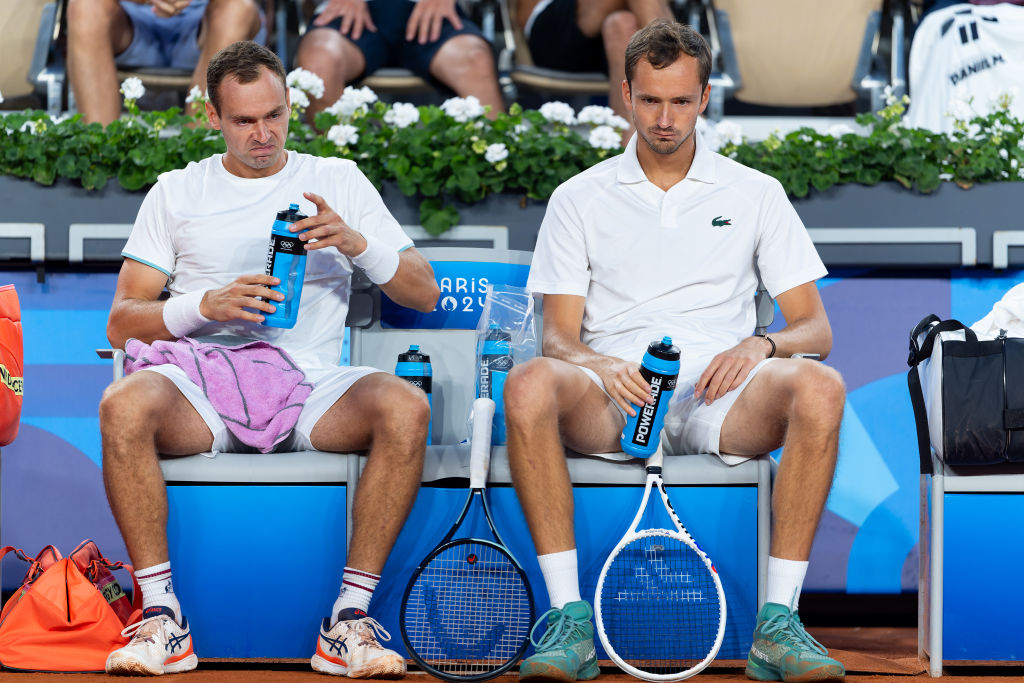

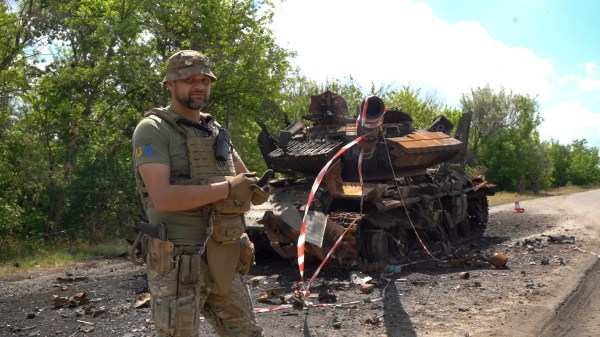
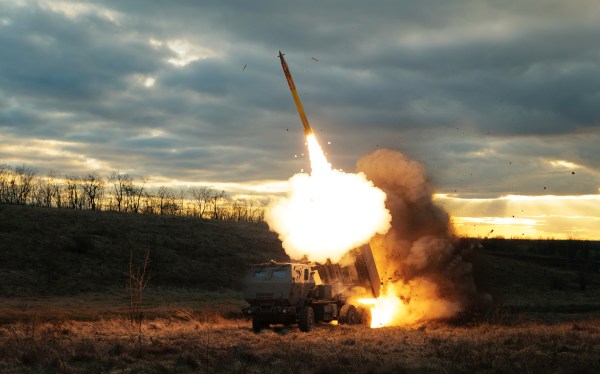

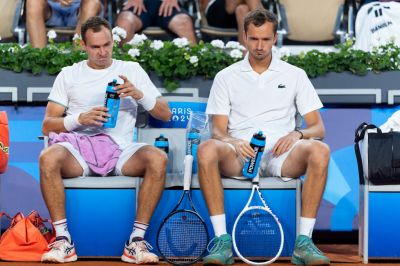
Please note that we at The Dispatch hold ourselves, our work, and our commenters to a higher standard than other places on the internet. We welcome comments that foster genuine debate or discussion—including comments critical of us or our work—but responses that include ad hominem attacks on fellow Dispatch members or are intended to stoke fear and anger may be moderated.
With your membership, you only have the ability to comment on The Morning Dispatch articles. Consider upgrading to join the conversation everywhere.